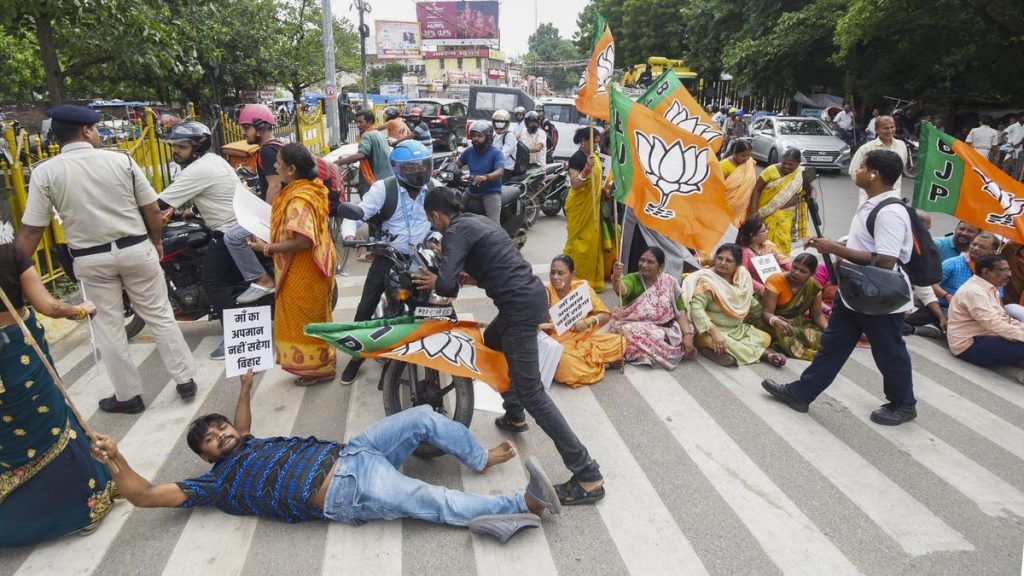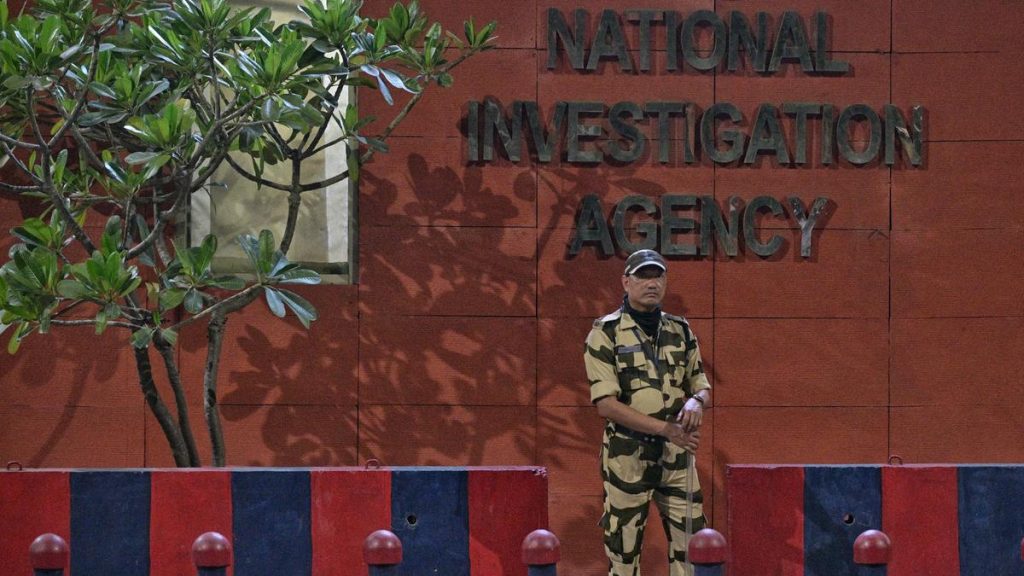Now Reading: BJP MP Calls Congress-Led Caste Census Politically Driven
-
01
BJP MP Calls Congress-Led Caste Census Politically Driven
BJP MP Calls Congress-Led Caste Census Politically Driven

Rapid Summary
- Rajya Sabha MP and senior BJP leader K. Laxman criticized the Congress government’s caste census, alleging it served ‘vote bank politics’ by including Muslims in the Backward Classes (BC) list.
- Speaking at Nomadic Tribes Liberation Day celebrations, he argued that only the Ministry of Home Affairs can conduct a valid caste census.
- The Centre has announced plans to include a caste census alongside the national population census next year, with public cooperation emphasized for its success.
- Mr. Laxman urged union Home Minister Amit Shah to ensure nomadic tribes are counted in the upcoming census to enable targeted growth initiatives and appropriate fund allocation.
- As National President of BJP’s OBC Morcha, Mr. Laxman will tour states over six months to consult representatives of nomadic tribes and protect their rights during this process.
- The Modi government is working towards granting constitutional recognition to the National Commission for Denotified, Nomadic and Semi-Nomadic Tribes, aiming to improve access to education, healthcare, and employment for these communities.
- BJP-led state governments have been instructed by the Centre to officially commemorate Nomadic Tribes Liberation Day.
Indian Opinion Analysis
The criticisms surrounding Congress’ approach toward conducting a caste census reflect ongoing debates about whether such exercises truly address systemic inequality or serve political interests. K. Laxman’s assertion that only a centrally-run effort through the ministry of Home Affairs is valid indicates broader concerns around openness and uniformity in data collection.
The inclusion of nomadic tribes in developmental policies marks an crucial step towards addressing ancient marginalization faced by these communities. By integrating them into nationwide efforts like a comprehensive caste-based enumeration tied with welfare schemes-ensured under constitutional frameworks-the initiative could enhance equitable access to resources.
Though, ensuring neutrality throughout such large-scale demographic exercises will remain critical amid political contestations over definitions like “backward classes.” A triumphant implementation would demand no less than robust public trust along with clear policy alignments prioritizing socio-economic needs over partisan narratives.
























